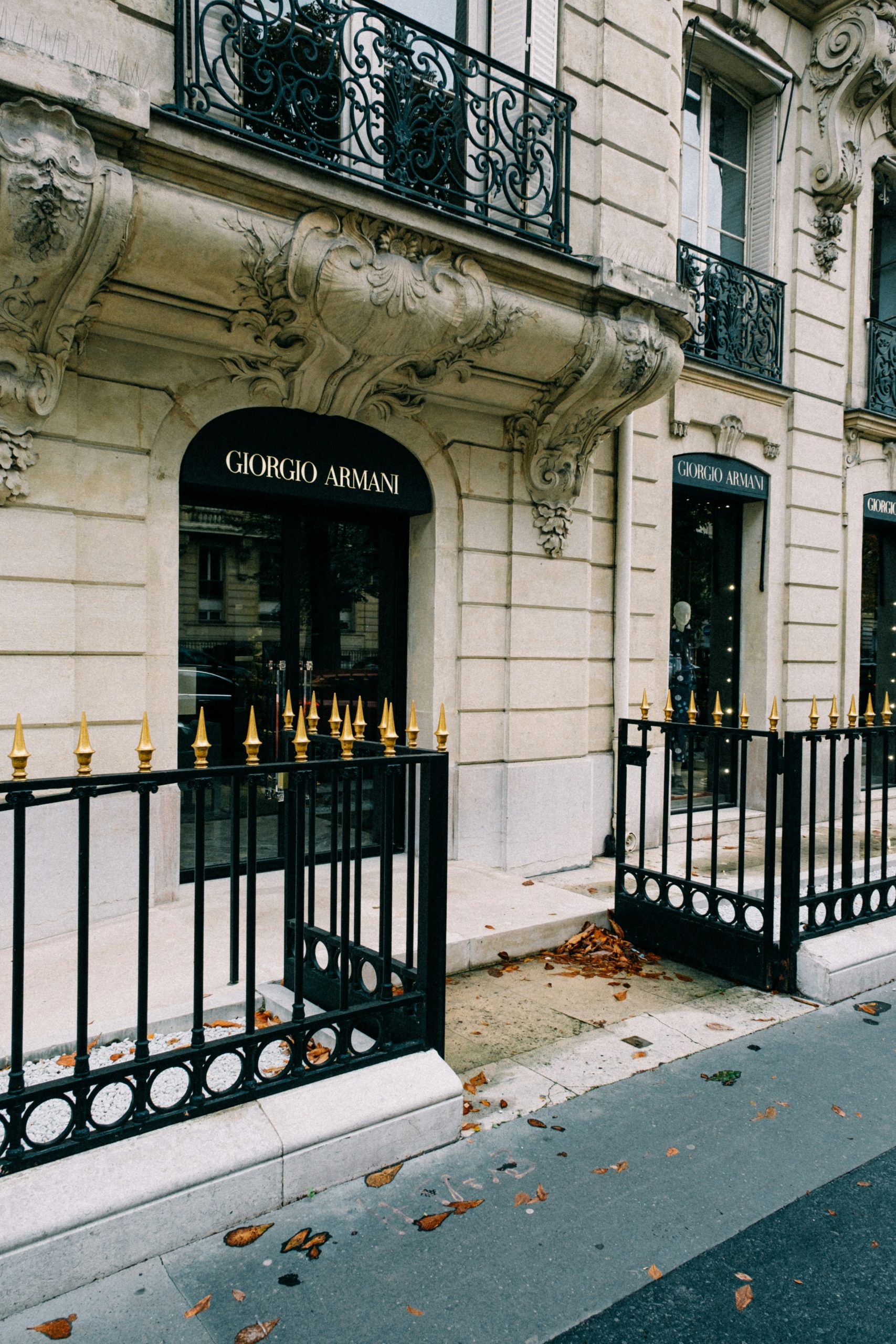The death of Giorgio Armani at 91 is not merely the passing of a legendary Italian designer; it is the end of an epoch. Armani was the last of a generation of fashion titans—the autocratic, visionary maestro who built a billion-dollar empire, Armani, entirely on his own terms, answerable to no corporate board or shareholder. In an industry now dominated by conglomerates and viral trends, Armani’s reign was a throwback to a time when a single, unwavering aesthetic vision could dictate global style.
He engineered a philosophy of timeless Italian elegance that redefined power, softened masculinity, and gave Hollywood its red carpet playbook. His death closes the final chapter on fashion’s age of imperial designers.
Perhaps, Giorgio Armani’s most seismic contribution was his reimagining of the suit. In the 1980s, he single-handedly dismantled the rigid, padded-shoulder armor of corporate power dressing. For men, he introduced unstructured, softer silhouettes that conveyed authority without aggression.

For women, he created a new language of professional wear—elegant, powerful, and distinctly feminine, liberating them from simply mimicking male tailoring. This was the foundation of his £2 billion a year empire; he sold not just clothing, but an aspirational identity of sophisticated, modern power.
This vision made him the undisputed king of the red carpet, dressing icons from Julia Roberts to Russell Crowe, who credited him for “so many significant moments.” He understood that clothing was a psychological tool, and he wielded it with unparalleled mastery.
The Complicated Legacy: The Man Behind the Mystery
To canonize Armani without examining his complexities is to misunderstand him. He was a man of profound contradictions. He was the epitome of Italian elegance who made missteps, such as his controversial 2015 comment that a gay man “does not need to dress homosexual,” revealing a surprising blind spot for a industry built on LGBTQ+ talent.
His company’s financial settlement with Italian tax authorities in 2014, though admitting no wrongdoing, painted a picture of a shrewd businessman navigating the murky waters of global finance. These moments remind us that the genius who built an empire spanning luxury hotels and Serie A football teams was human—flawed, brilliant, and relentlessly ambitious.











